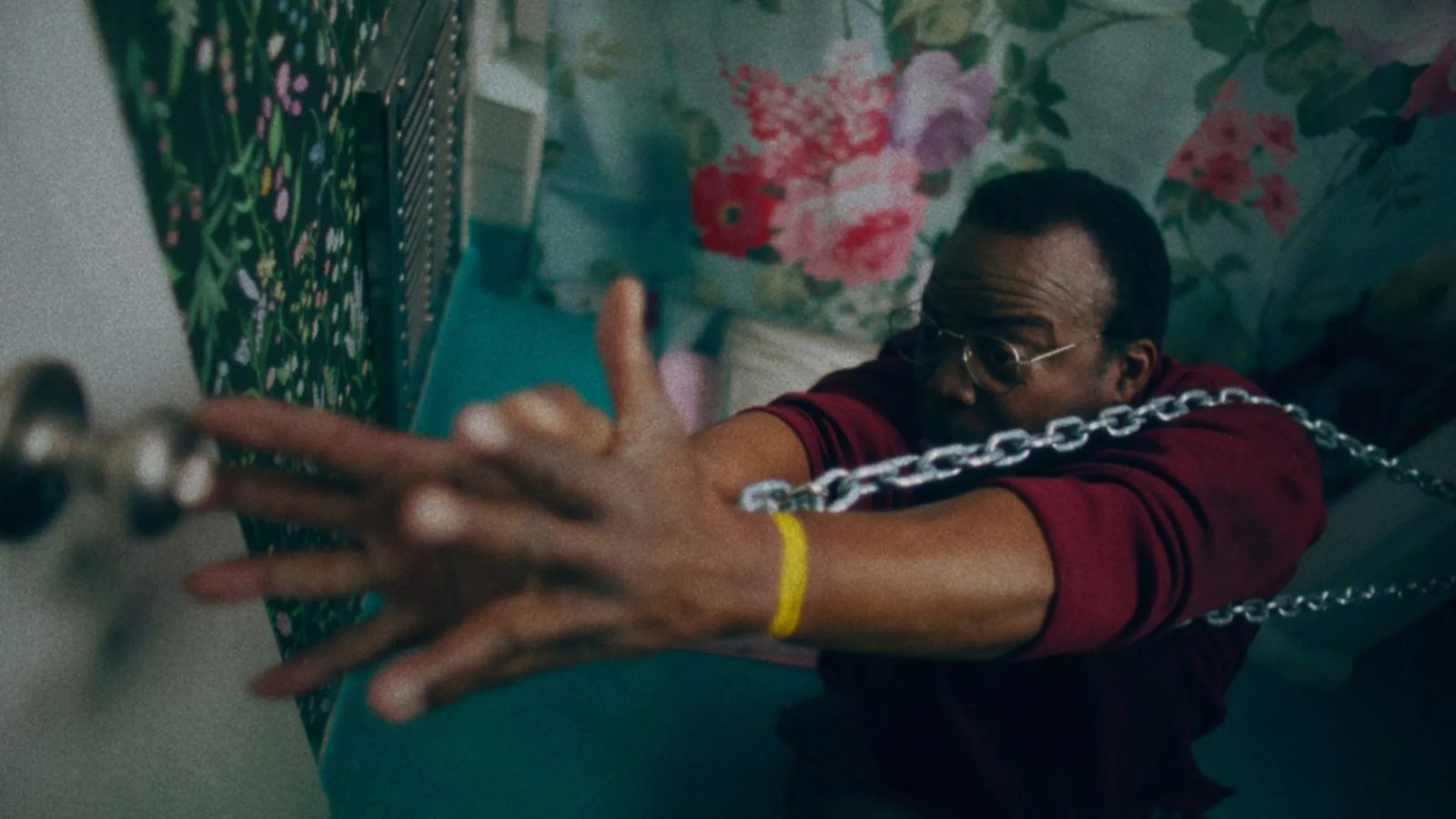
Photojournalists Sue Instagram for Defying the Copyright Protections of Their Work
- Two American photojournalists are unhappy with how Instagram is letting others publish their copyrighted work without a license.
- The pair has submitted a class-action lawsuit in a California court, asking for damage compensation and injunctive relief.
- A similar case was recently reviewed by the EU Court of Justice, which sided with the copyright holders.
Photojournalists Alexis Hunley and Matthew Scott Brauer have submitted a class-action lawsuit against Instagram in a California federal court, accusing the social media platform of violating their copyrights. More specifically, Instagram is targeted for letting an unlimited number of users reshare/repost the works of the photojournalists through its embedding tool without obliging them to obtain a license. As these works are protected by copyrights, allowing other users to profit from the reposts without involving the creators at any level is a clear violation.
News sites or other platforms typically use the embed tool on Instagram to get a post from the social media app and publish it on their platform. If there are ads or other ways to monetize these pieces of content, then the websites generate revenue partly thanks to the work embedded on the Instagram posts. Moreover, Instagram benefits from this by getting bounce-backs from these platforms. However, the creators are left outside this without any control over where their work may end up.
Alexis Hunley said she realized the scale and impact of this when she saw one of the photos she took during the 2020 George Floyd protests on BuzzFeed. This website ranks in the top 5k globally, so it enjoys massive traffic and generates impressive revenue. Yet, the platform didn’t have to ask permission or acquire a license from the creator, exploiting the image as if it was unprotected.
Similarly, Scott Brauer has one of his photographs published on Instagram on the Time.com website in 2016, without his permission or license. Time is among the 500 most visited websites in the U.S., so the amount in losses for the creator would be mind-boggling.
Also, by publishing these photographs on large websites, their value diminishes as they have been used on a popular internet platform, so the prospect of reselling or licensing them elsewhere bottoms. As such, the damage from this practice is multi-faceted, and in essence, catastrophic. Hunley and Brauer now demand a jury trial, asking the judge to consider the awarding of damages and also injunctive relief.
This will be an interesting case to follow, as last month, the EU Court of Justice was called to consider exactly the same thing. The European court ruled that when a third party embeds anything, be it a Tweet, a YouTube video, or an Instagram post, they should acquire the rightsholder's permission if copyright-protected material is involved.







